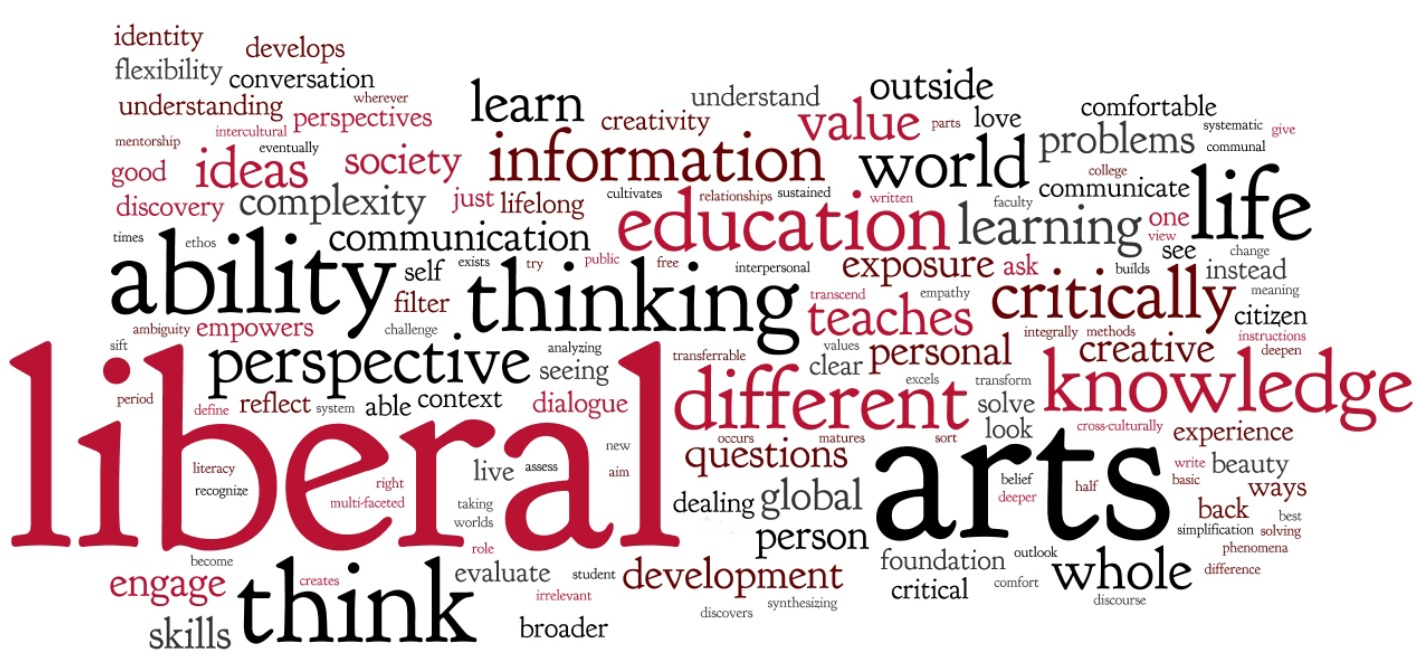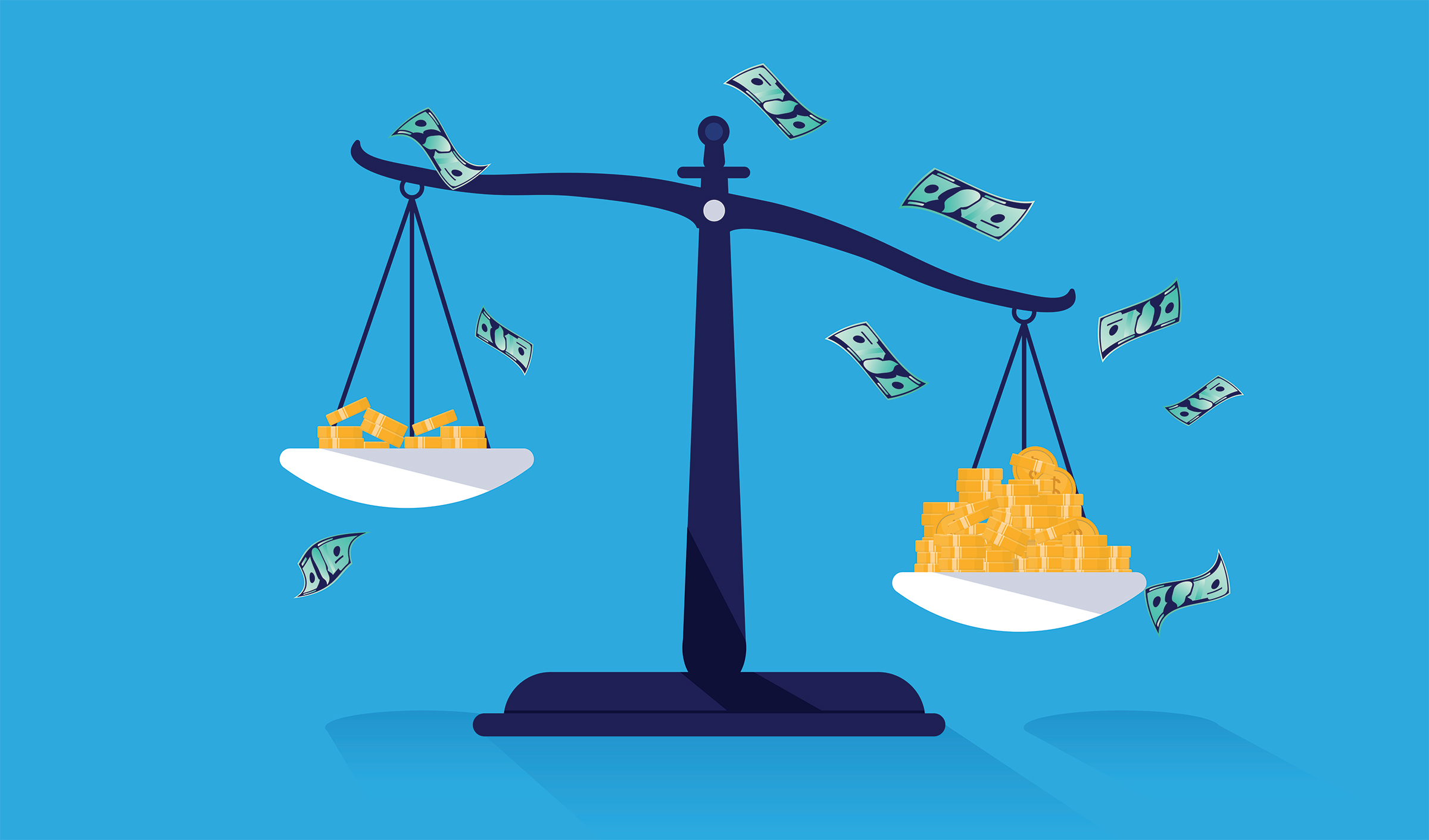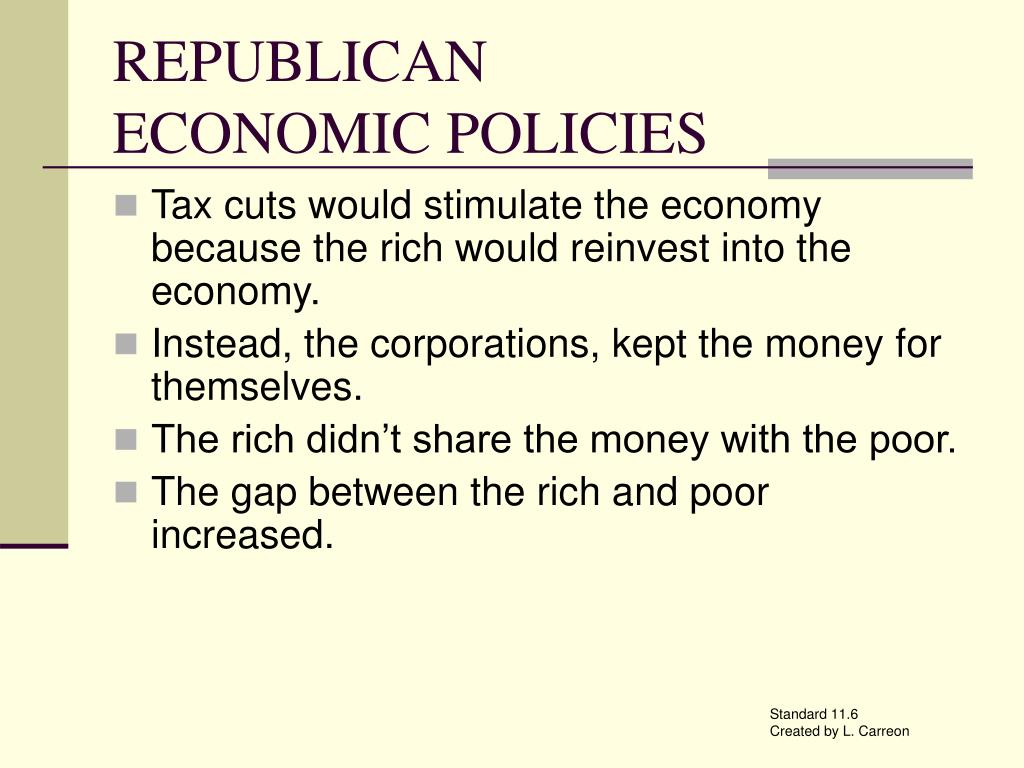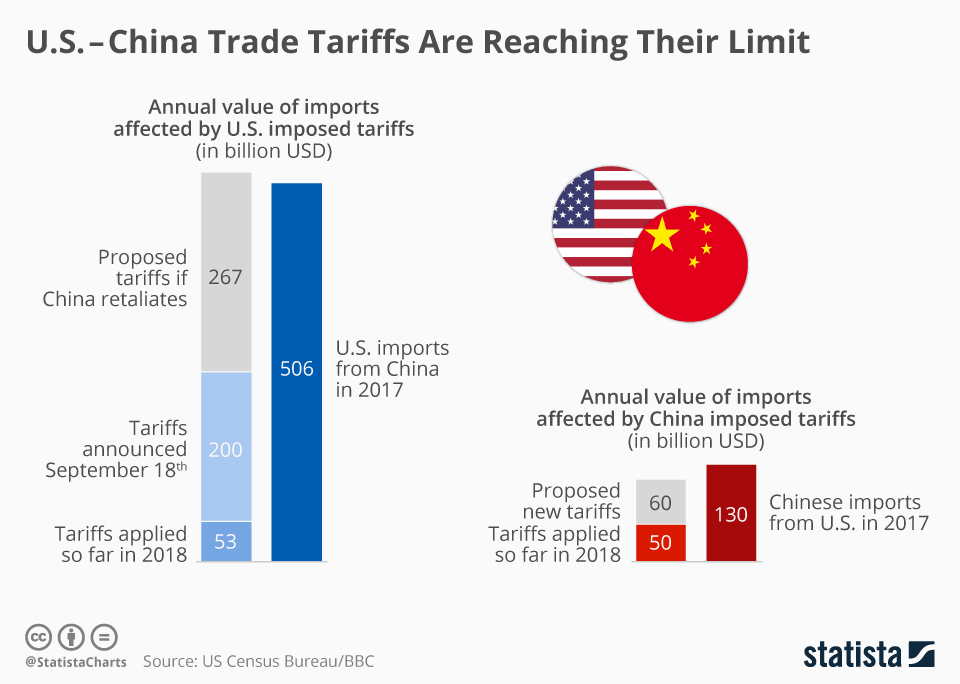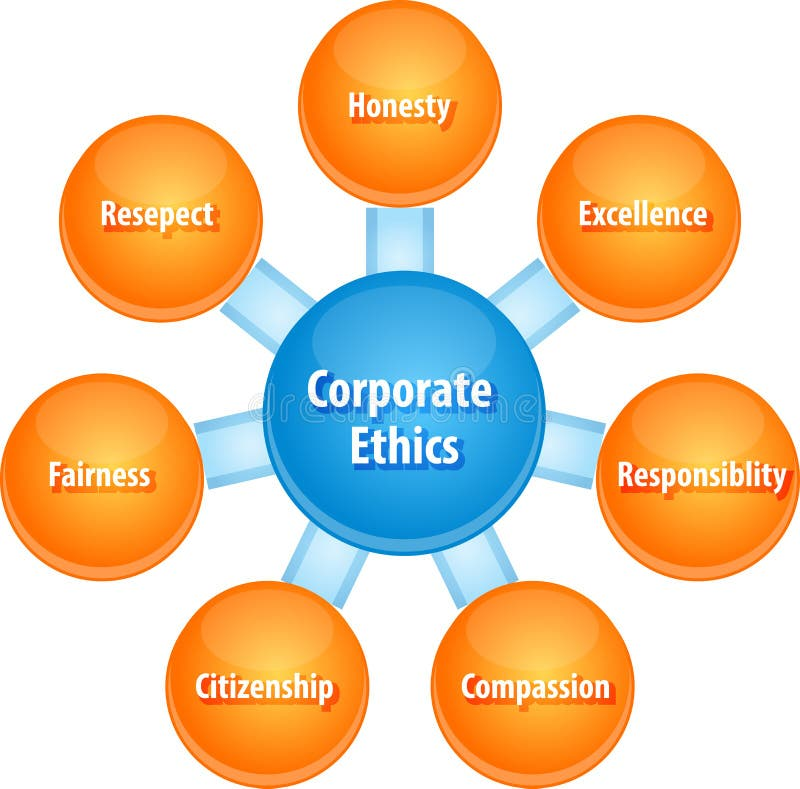Corporate Tax Cuts: Balancing Rates and Economic Growth
Corporate tax cuts have been a hotly debated topic since the passage of the 2017 Tax Cuts and Jobs Act, which drastically reduced the federal corporate tax rate from 35% to 21%.Proponents argue that these cuts stimulate economic growth by increasing corporate investment and boosting wages, while opponents highlight the significant decline in corporate tax revenue and its implications for the federal budget.
Federal Reserve Interest Rates: Impact and Insights
Federal Reserve interest rates are a crucial element of the U.S.economy, influencing everything from consumer loans to housing affordability.
Generative AI: A Rapid Adoption Revolution
Generative AI is rapidly transforming the landscape of technology and how we conduct our daily tasks, resembling an adoption speed faster than that of personal computers and the internet.This innovative form of artificial intelligence, which creates new content by leveraging existing data, has quickly become a staple in both personal and professional environments.
Liberal Arts Education: Its Critical Role in Today’s Economy
Liberal arts education has gained renewed attention in recent years as an essential aspect of higher education, pushing students to engage deeply with diverse subjects and enhance their critical thinking skills.Advocates for the benefits of liberal arts highlight how this education fosters creativity, communication, and adaptability—traits increasingly valued in today’s job market.
Caregiving and Work-Life Balance: Rethinking Employer Policies
Caregiving and work-life balance are increasingly prominent topics as millions of employees navigate the dual responsibilities of their professional roles alongside their caregiving duties.The pressures of managing a career while tending to the needs of children, elderly parents, or spouses can create significant stress, impacting both personal well-being and workplace productivity.
Wealth Inequality: Exploring Its Impact on Society
Wealth inequality has become a pressing issue in today’s society, sparking debates among economists, philosophers, and social advocates alike.The growing divide between the wealthy elite and the rest of the population raises questions about economic justice and the true impact of philanthropy on income disparity.
Republican Economic Policies: A Historical Perspective
Republican Economic Policies have been a cornerstone of American fiscal strategies, with a focus on free-market principles and a critique of excessive regulation.Historically, these policies are rooted in what many refer to as GOP economic orthodoxy, which champions deregulation and unfettered trade as pathways to prosperity.
China Tariffs: Unintended Consequences for the US Economy
China tariffs have become a focal point in discussions surrounding U.S.-China relations and the broader implications of international trade.As policymakers consider imposing significant tariffs on Chinese imports, economists warn of potential tariff impacts that could reverberate throughout the Chinese economy and beyond.
Housing Crisis: How NIMBY Policies Affect Construction
The housing crisis in the United States has reached alarming levels, making homeownership increasingly unattainable for many Americans.As housing affordability continues to decline, the Influence of NIMBY (Not In My Backyard) policies has stunted not only construction productivity but also the potential for economic growth in the sector.
Business Ethics Strategies: Making Responsible Choices
Business ethics strategies are essential for fostering ethical decision-making within organizations.In a rapidly changing business landscape, leaders are often faced with complex decision-making scenarios that challenge their integrity and corporate responsibility.



